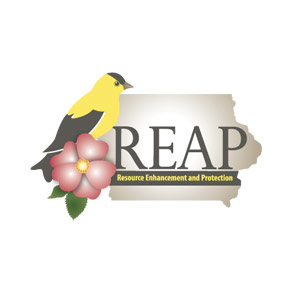Derecho Storms in Iowa
A derecho is a widespread, long-lived wind storm that is associated with a band of rapidly moving showers or thunderstorms. Rather than a tornado that circulates and spirals, a derecho creates a long straight “wall” of clouds that can pick up sand or soil. A derecho can be observed when the wet air of a thunderstorm meets the drier air surrounding it causing the water in the storm clouds to evaporate. Evaporation cools the air causing it to become more dense. Dense air sinks and creates a long downburst of wind. Derechos can be common in Iowa because of the rapid changes in weather and wind speed/ direction.
Driving Question
- What causes a derecho?
Probing Questions
- How might water evaporation affect air mass?
- What tools do you think can be used to collect data that is beneficial for predicting a storm or derecho?
- Why might people want to try and predict storms?
Classroom Suggestions
Students could:
- Record what they notice and wonder about the possible cause of this storm as they watch the video.
- Conduct hot/cold water density experiment to visualize of how the warm and cold air masses interact.
- Create a barometer to measure drops ins air pressure when derechos or other storms are coming.
Resources
- Scijinks | What is a Derecho?: Helpful for understanding what exactly a derecho is and how it forms. It is explained in simple enough terms that middle schoolers should be able to understand.
- National Oceanic and Atmospheric Association/National Weather Service | Derecho: A more in depth explanation that gives many helpful visuals and graphs to help students understand how derechos form and move. It also helps students understand where/when derechos are likely to happen.
- National Oceanic and Atmospheric Association/National Weather Service | About Derechos: Gives facts about derechos and a more detailed explanation. It would be helpful to build background knowledge for teachers.
- Britannica | Derecho: This contains a visual showing the evolution of a gust front makes it very easy to understand and visualize.
Iowa Core Alignment
MS-ESS2-5:Collect data to provide evidence for how the motions and complex interactions of air masses results in changes in weather conditions
Credit Info
Phenomena submitted by Whitney Minderhound and Paige Decker.
Funding for Iowa Science Phenomena provided by:




